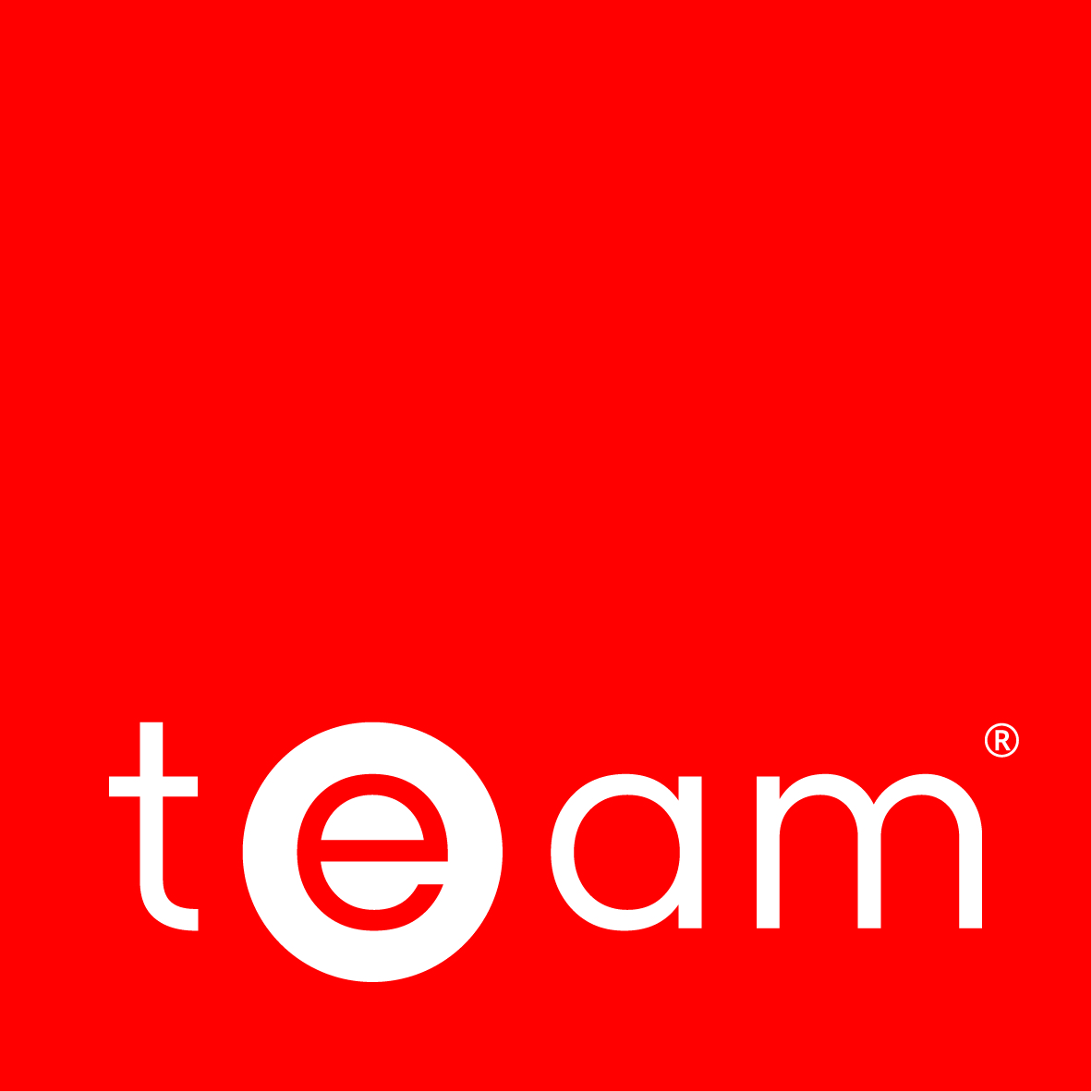As we approach the second phase of ESOS’ 4-yearly obligation, now is a good time to consider what steps to take to make the process as painless as possible.
TEAM’s Energy Savings Opportunity Scheme’s lead assessor, Justine Grant, explains how to facilitate this process.
ESOS Qualification Date
The date that must be included in your energy data is 31 December 2018 and the 12 months data set must end before the compliance date of 5 December 2019. You could be working towards a 1 January 2018 to 31 December 2018 period and be done and dusted well before the final date in 2019.
Get Prepared
An organisation can’t say definitively if it’s required to comply with ESOS until the financial accounts are published for the financial year ending on the qualification date of 31 December 2018. But if there is a likelihood that it will require compliance, then the advice is to be appropriately prepared.
Energy in Buildings
For example, if most of an organisation’s energy use is in buildings, is the energy use being collated using a suitable format or database? Is there someone in the organisation that can easily lay their hands on the required information? Is it in a suitable format?
Bills and Data
It is easy to let invoicing/billing issues pass if all that is being done is recording the payments. Supplier problems will typically manifest themselves in a number of ways – high number of missing bills, late payment notices and periods of bills missing. Estimated bills are not helpful so should be monitored by someone on site who can access meters and update the supplier. If there are irregular or quarterly billing periods, it would be useful to have a meter reading routine to keep the data across the portfolio consistent.
If organisations are holding their own database or spreadsheet, typical information needed from the bills is listed below;
- Site or building
- Meter number
- Account
- Meter read date or from date
- Meter reading
- End meter read date
- Meter reading
- Estimated or Actual
- Units consumed
- Calorific value (gas)
- kWh consumed
- Net cost (£)
- Pence/unit
Transport Audit
Remember that participants must account for ALL fossil fuels used in the running of the business, this would include any fuels used for transport. For a transport audit (freight, fleet, business travel mileage, company cars), data should include the following:
- Site Name
- Registration number
- Allocated to: (Full name)
- Vehicle size (cc)
- Fuel Type
- Mileage
- Quantity (L)
- Cost (£)
- Date of use (from / to)
- Age of vehicle
If you need help with pre-emptive surveys or support with energy management software our team of ESOS consultants can help. Phase 2 has now finished, but you can read more about the latest requirements here. Alternatively, learn more with our ESOS articles and news posts.
